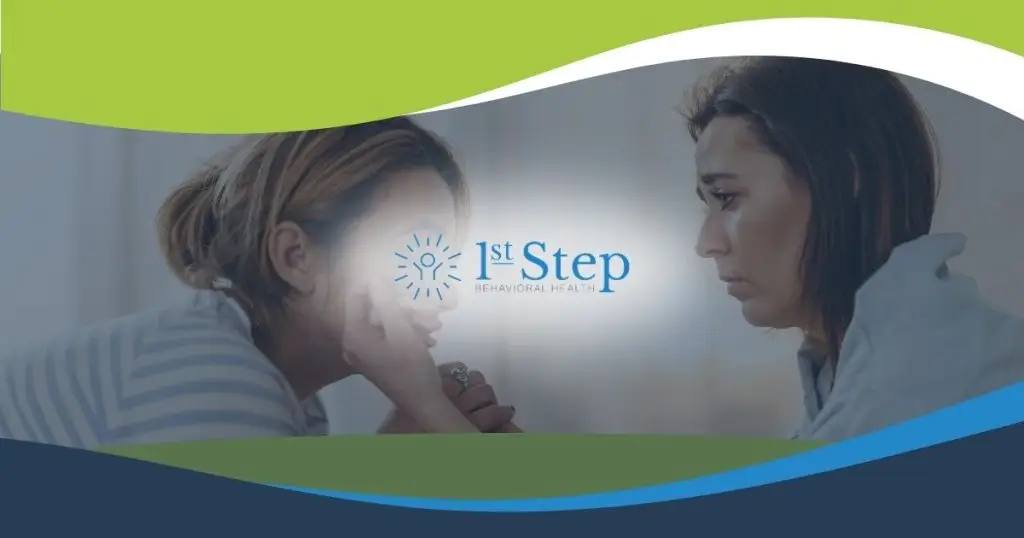Living with an addiction makes it nearly impossible to live a healthy, fulfilling lifestyle. Instead of choosing the direction of your life, substance abuse decides your future. Too often, living with untreated addiction leads to dangerous or life-threatening consequences.
It can be very painful to watch someone you love struggle with drug and alcohol abuse. People do not choose their addiction. Drugs and alcohol change the way a person’s body and brain work. These changes make it nearly impossible to stop using drugs without getting help.
Many people with addiction do not recognize that they need help. Others do not have the resources or tools to work toward recovery. In these situations, people may require encouragement from loved ones to seek treatment.
An intervention can convince an addicted person to seek treatment immediately. This article will outline what happens during an intervention and how to plan one. You will also learn six common mistakes to avoid during an intervention.
Contact the First Step Behavioral Health specialists now to learn how to hold an intervention. Our intake specialists can also answer questions about our programs or schedule an intake appointment.
What is an Intervention?
An intervention is a planned conversation between an addicted person and their loved ones. The ultimate goal of an intervention is to convince the addicted person to go to rehab.
During an intervention, close friends and family members may express their concerns about the person’s substance use. They may describe how the addiction has impacted their relationship with the addicted person. At the end of the intervention, they may provide an ultimatum: go to treatment or face consequences.
Those involved in the intervention must decide what consequences to enforce if their loved one refuses treatment. They must also locate available treatment programs with immediate openings.
6 Common Intervention Mistakes
An intervention can be effective at convincing someone to start an addiction treatment program. However, staging a successful intervention can be challenging. Here are six common intervention mistakes to avoid.
1. Not enough preparation
When you realize a loved one is addicted to drugs or alcohol, you may want to stage an intervention right away. While it is important to act quickly, it is equally important to plan your intervention carefully.
Acting out of fear, anxiety, anger, or other emotions can lead to a disorganized, ineffective intervention. With emotions running high, tense situations can become even more tense.
Instead, it is important to plan and prepare for the intervention. Educating and preparing everyone involved can increase the odds of success.
2. Letting Emotions Take Over
An intervention can be emotionally demanding. People may feel sad, anxious, angry, or a combination of emotions. However, remaining calm is essential. The goal of an intervention is to show support and love–not anger and fear.
Taking time to prepare and practice can help keep the atmosphere calm. This will increase the chances of your loved one hearing your message and accepting treatment.
3. Shaming and Blaming
Families and friends may have personal feelings about their loved one’s substance abuse. People with substance use disorders (SUD) sometimes do or say things that hurt the people around them.
While an intervention allows people to express their concerns, it is not the time for shaming and blaming. Avoid using harsh or angry language. Stick to facts. Express feelings in a calm, matter-of-fact way. Focus on your love and concern for your loved one.
4. Choosing the Wrong Time
Choosing the right time for an intervention is critical. Avoid staging an intervention when:
- Your loved one is at work or school
- Your loved one is dealing with other major life changes or challenges, such as a death in the family, job loss, relationship breakup, etc.
- They are under the influence of drugs and alcohol
Carefully consider the time and location of your intervention. Make sure your loved one will be sober and free from distractions.
5. Not Offering Treatment
The primary goal of staging an intervention is to convince someone to seek treatment. If you do not offer immediate admission into a treatment center, you’re missing one of the most critical parts of your intervention.
Research local addiction treatment centers while planning your intervention. Find a rehab facility that can accept your loved one immediately.
6. Not Hiring a Professional Interventionist
It can be difficult to plan a successful intervention without professional help. A trained interventionist can help you and your family members at every stage of an intervention.
A professional will provide guidance and support before, during, and after the intervention. Hiring professional help will increase the likelihood of having a successful intervention.
Find Help Now
If someone in your life struggles with substance abuse or addiction, you are not alone. Support, guidance, and treatment are available at First Step Behavioral Health. Contact us now to learn about planning a successful intervention or to find treatment.
Jump to a Section
Call (855) 425-4846
